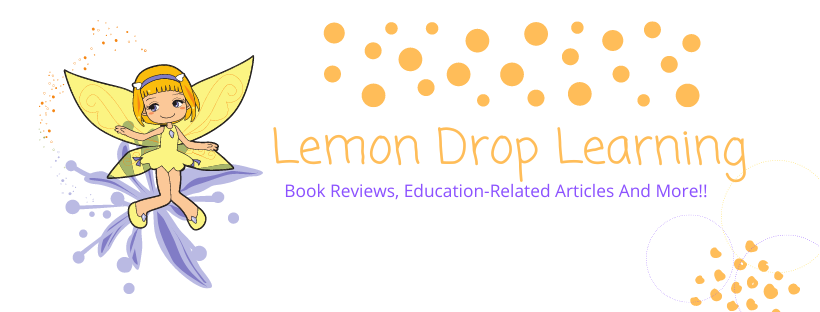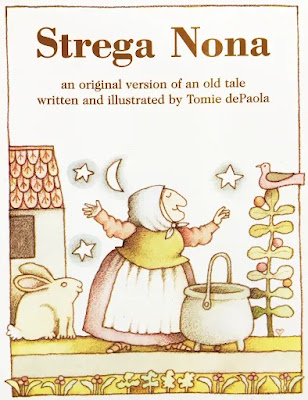It saddens me when I read the ever-growing list of books
added to the Book Banned and Challenged List. Sadly, a large portion of these bans are directed at the LGBTQIA community and people of color.
Some of these books may have lost their charm, relevance to today’s society, offend people’s political ideology, or their opinion of marginalized groups but they’re part of our history and shouldn’t be erased or forgotten.
How else will future generations learn from our past mistakes and triumphs?
As a writer for young readers, I'd like to focus on ten books for the youngest audience that have been banned, challenged, or restricted.
Some I read as a child, the rest I read to my own children and students. Almost all the books were classroom and bedtime favorites that we read repeatedly.
These same books stimulated budding readers in the library, where many a giggle and prereading skills took place.
As I read through the various lists of banned and challenged books, I wanted to know why they had been banned, so I did a little digging.
My reactions to the reasons behind the bans ranged from outrage to secondhand embarrassment.
It didn’t take long to understand the reasons for the bans
varied from preference to downright lack of due diligence.
Banned Picture Books:
Awards: International Reading Association, Children’s Book Council (IRA/CBC) Children’s Choice 1984, Parent’s Magazine: Favorite Baby Books of All Time August 2006
Awards: New York Times
Outstanding Book Award 1974
Awards: Caldecott Award
6-Sylvester and the Magic Pebble
Awards: Caldecott Medal
Awards: Caldecott Honor
Book Award
Awards: Caldecott Medal
Awards: Caldecott Medal
10-Little Red Riding Hood Retold and Illustrated by Trina Schart Hyman
Awards: Caldecott Honor Award
Image by Катерина Кучеренко from Pixabay
Why were these books banned?
In 2010, the Texas Board of Education banned Brown Bear, Brown Bear because they confused Bill Martin, Jr. (author of over 300 children’s books) with Bill Martin who wrote Ethical Marxism: The Categorial Imperative of Liberation. Embarrassing!
A Colorado public library banned The Giving Tree in 1988 because it was perceived as being too sexist.
A California school banned The Lorax in 1989 because they feared it portrayed logging in a poor light and would turn children against the foresting industry.
Where The Wild Things Are suffered opposition after its release in 1963. Readers and psychologists argued that it was “too dark” and psychologically damaging and traumatizing for young children. It’s also faced scrutiny for its images of witchcraft.
Parents in Erie, Illinois banned The Family Book because it references same sex marriage.
In 1977, images of police officers represented as pigs caused Sylvester and the Magic Pebble to be banned in many cities across the United States. (Other characters are depicted as pigs in the book too.) Many also criticized it for having a magic wising pebble. Some believed this would promote occult practices.
In 2022, one state attempted to ban or restrict 2,349 titles. This school year No, David! was among those that got the boot from Katy ISD. Are you wondering which of the fifty states deemed so many books unworthy?
According to the American Library Association, the state with the most attempts at book bans is—Texas. (Katy ISD didn’t comment on why it banned No, David!) Butt why? (If you’ve read the book, you’ll get the reference.)
Image by Michaela, at home in Germany • Thank you very much for a like from Pixabay
They banned
Strega Nona in libraries across the United States
for painting a positive picture of witchcraft and magic. Two of my favorite
things!
A New York children’s public librarian banned Goodnight Moon because she hated the book and thought it was too sentimental. The ban lasted 25 years (1947-1972). WHAT!!!!!!??
A wine
bottle in a basket led to Trina Schart Hyman's version of Little Red Riding being banned in 1990 because
many believed the wine condoned the use of alcohol. But what if it was
sparkling cider?
As of September 22,
2023, Pensacola
News Journal reported that Florida surpassed Texas as the leader of book
bans.
For more information on
banned books visit americanlibrariesmagazine.org.
What banned books have
you read?
Note: The books listed
above may have won awards that I was unable to find.
For further reading, please visit commonsense media.org.

.jpg)
















